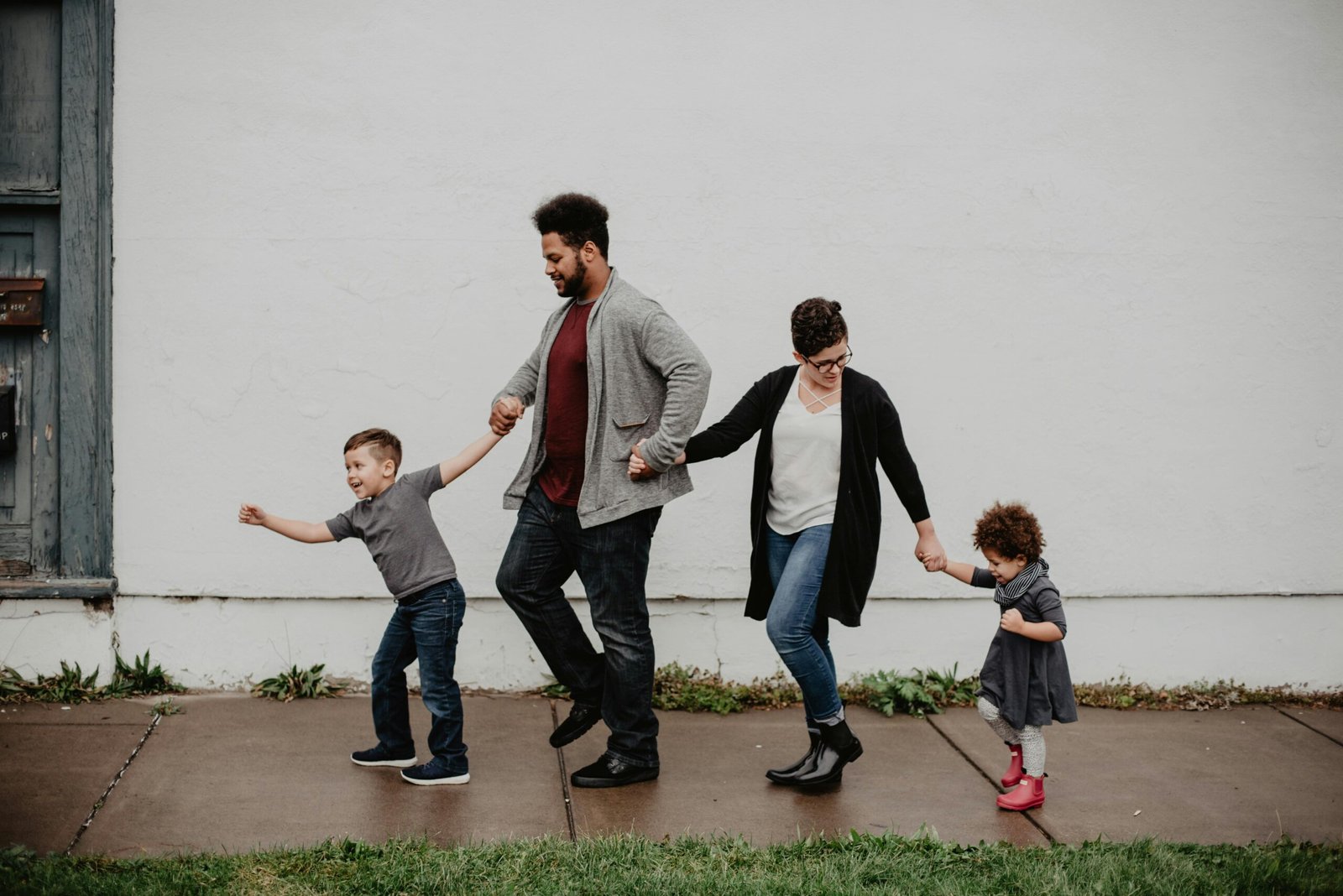
Who Are Parents, Really? A Psychologist’s Reflection on Parenting, Ego, and Growth
When we hear the word “parent,” what comes to mind? Is it simply someone who brings a child into the world—or is it someone who truly teaches their child how to live, grow, and thrive in this ever-evolving world?
“Do we become parents the moment we have children—or the moment we understand them?”
Parenting is often seen as a natural extension of adulthood, almost automatic. In many cultures, the moment two individuals become parents, there’s an unspoken belief that they must know exactly what to do. “Yeh mera bachha hai, mujhe pata hai usse kaise sambhalna hai,” is a phrase echoed across countless homes. It’s not uncommon to hear, “I’m the mother” or “I’m the father—who could know the child better than I do?”
And while this confidence may stem from love and responsibility, it often becomes a shield that blocks openness to learning, growth, or even professional support. Parenting based solely on one’s past experiences, beliefs, and emotions might feel justified—but is it necessarily right for this child, in this generation?
Children today are growing up in a world vastly different from the one their parents knew. Their personalities, peer groups, digital exposure, and even emotional needs are different. So, the real question becomes: Are we parenting our children based on who they are—or who we were?
Research supports the importance of adapting parenting styles to suit the child’s temperament and developmental needs. A 2011 study published in the journal Child Development found that children whose parents matched their parenting style to their child’s personality exhibited fewer signs of anxiety and depression. In contrast, a mismatch—especially in high-control environments—led to more emotional distress.
Moreover, studies show that parental ego and over-identification with one’s child can interfere with the child’s autonomy. According to Dr. Shefali Tsabary, a clinical psychologist and author of The Conscious Parent, many parents unconsciously project their unmet needs and expectations onto their children, shaping them into who they want them to be, instead of helping them become who they truly are.
Let’s also acknowledge the fact that parents, too, are often learning for the first time. There’s no manual handed over at the time of childbirth. The courage, then, lies in admitting, “I don’t know everything,” and seeking guidance when needed—not from a place of weakness, but of strength.
The solution isn’t to follow a fixed rulebook—there isn’t one—but to approach parenting with a more open mind. Consulting a clinical psychologist or child development specialist can provide clarity and support for both the child and the parents. Family therapy, emotional assessments, and behavioral insights can offer a new lens through which to understand and connect with your child.
At Zen Mind, Trivandrum, Kerala, we offer evidence-based support for families navigating parenting challenges, childhood behavioral concerns, and emotional well-being. Whether it’s parental burnout, childhood anxiety, or intergenerational trauma, help is available—and seeking it is a gift you give to your family.
Let us not pass on unresolved patterns, but instead become the kind of parents who are willing to heal, grow, and evolve. Because, in the end, it’s the child who will carry these experiences forward—either as burdens or as strength.
“You don’t need to be a perfect parent—just a present, evolving one.”
